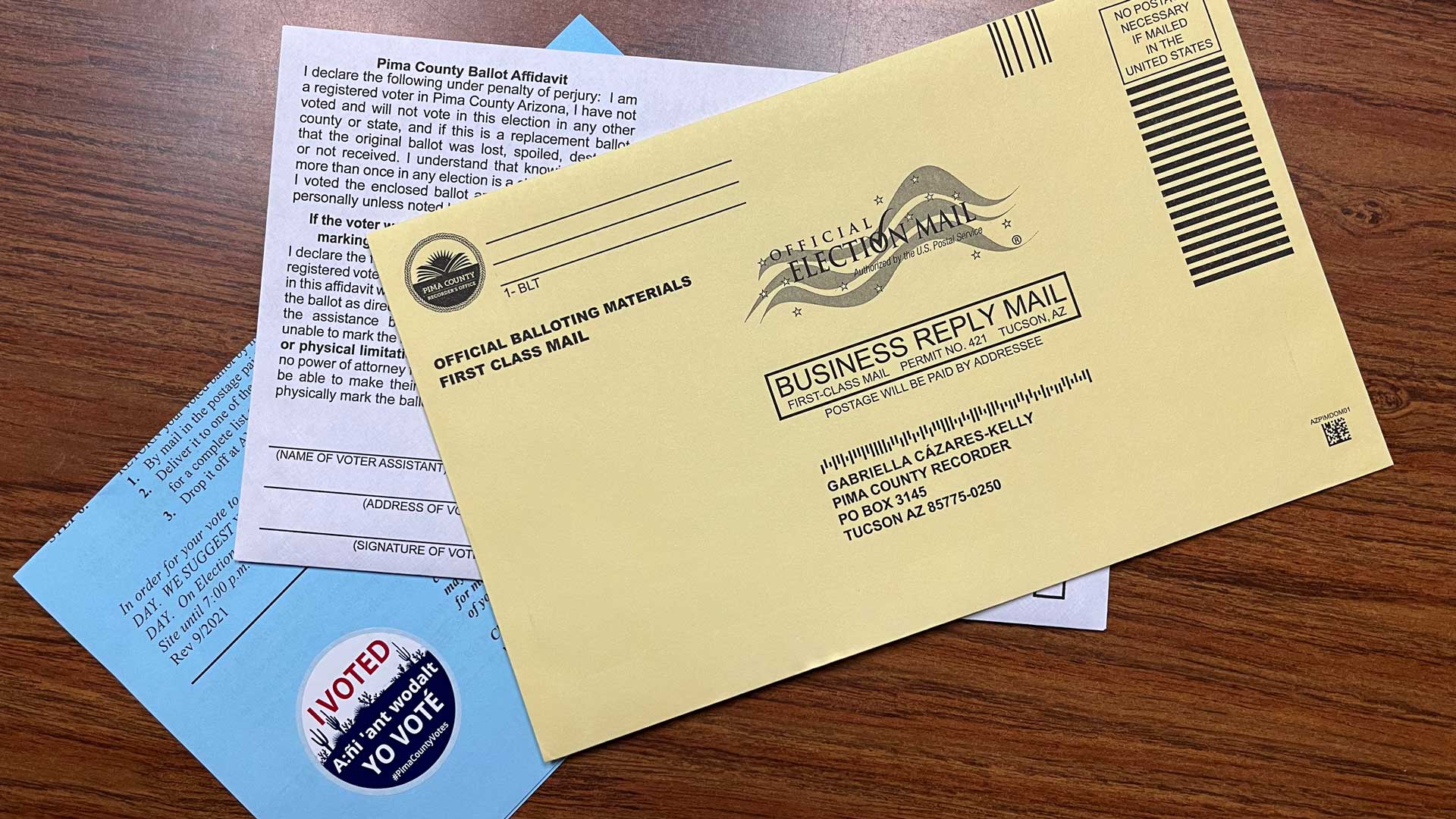
The Arizona Supreme Court declined Sunday to extend the deadline for voters to fix problems with mail-in ballots, a day after voter rights groups cited reports of delays in vote counting and in notification of voters with problem signatures.
The court said Sunday that election officials in eight of the state's 15 counties reported that all voters with “inconsistent signatures” had been properly notified and given an opportunity to respond.
Arizona law calls for people who vote by mail to receive notice of problems such as a ballot signature that doesn’t match one on file and get a “reasonable” chance to correct it in a process known as “curing.”
“The Court has no information to establish in fact that any such individuals did not have the benefit of ‘reasonable efforts’ to cure their ballots,” wrote Justice Bill Montgomery, who served as duty judge for the seven-member court. He noted that no responding county requested a time extension.
"In short, there is no evidence of disenfranchisement before the Court,” the court order said.
The American Civil Liberties Union and the Campaign Legal Center on Saturday named registrars including Stephen Richer in Maricopa County in a petition asking for an emergency court order to extend the original 5 p.m. MST Sunday deadline by up to four days. Maricopa is the state’s most populous county and includes Phoenix.
The groups said that as of Friday evening, more than 250,000 mail-in ballots had not yet been verified by signature, with the bulk of those in Maricopa County. They argued that tens of thousands of Arizona voters could be disenfranchised.
Montgomery, a Republican appointed to the state high court in 2019 by GOP former Gov. Doug Ducey, said the eight counties that responded — including Maricopa — said “all such affected voters” received at least one telephone call “along with other messages by emails, text messages or mail.”
He noted, however, that the Navajo Nation advised the court that the list of tribe members in Apache County who needed to cure their ballots on Saturday was more than 182 people.
Maricopa County reported early Sunday that it had about 202,000 ballots yet to be counted. The Arizona Secretary of State reported that more than 3 million ballots were cast in the election.

By submitting your comments, you hereby give AZPM the right to post your comments and potentially use them in any other form of media operated by this institution.